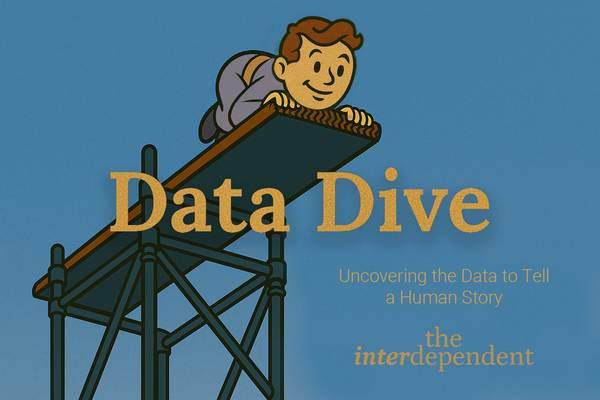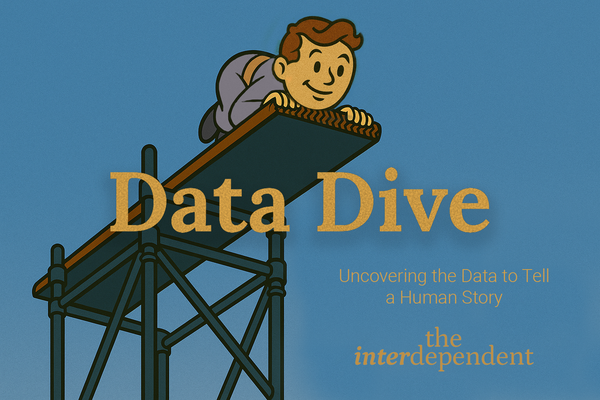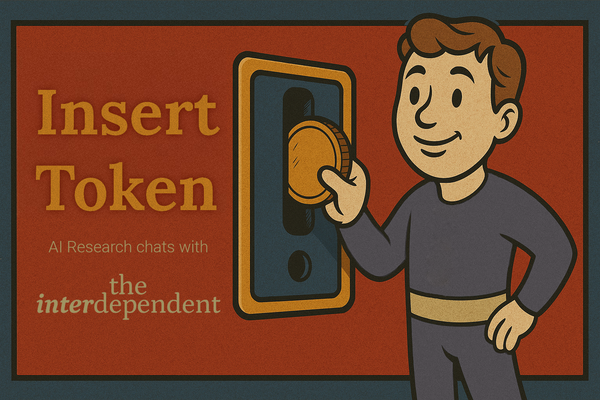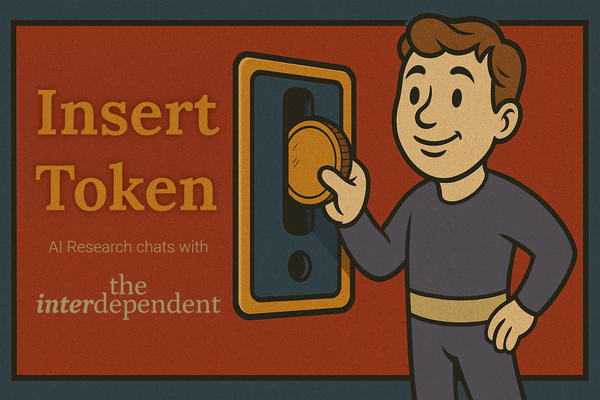Overcoming the Algorithm
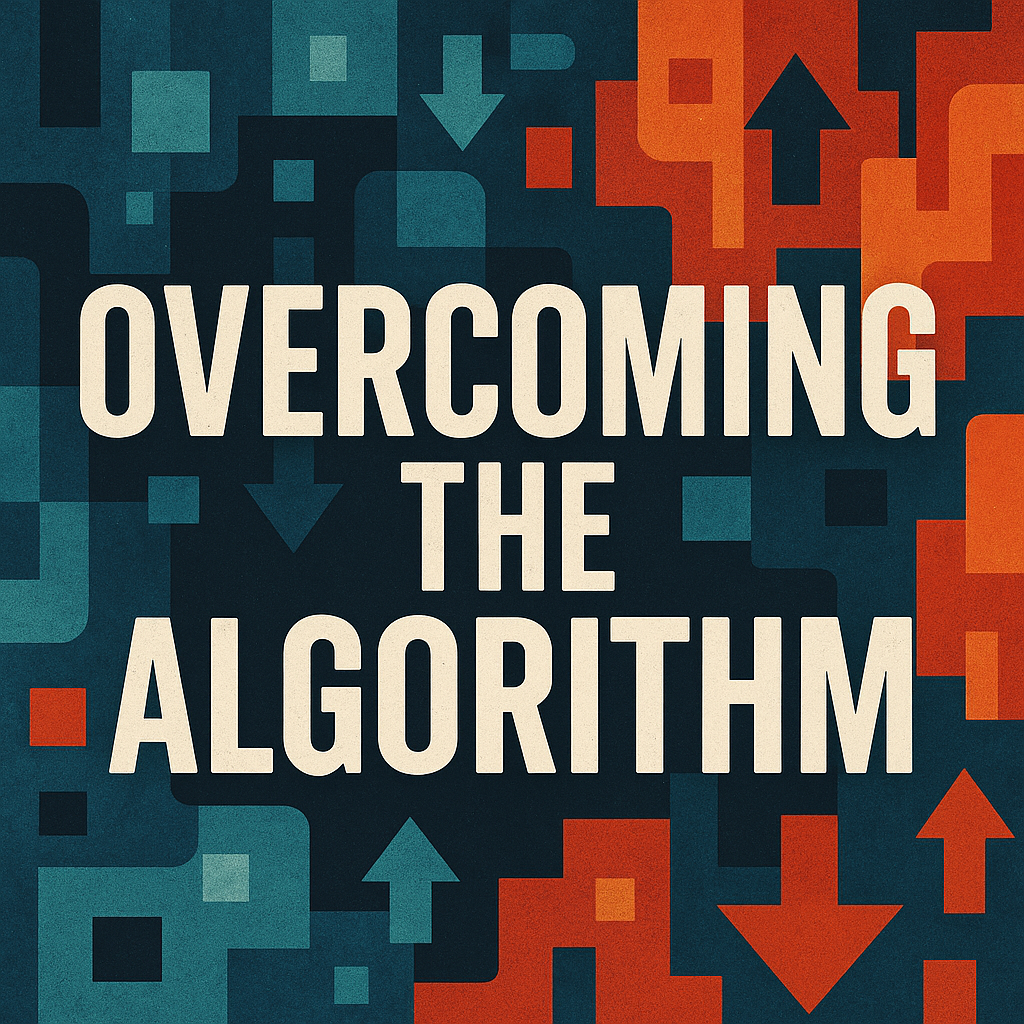
Remember When We All Watched the Same News?
Many of us are old enough to remember sitting down at the dinner table after the local news and arguing about what we saw. It didn’t matter if we agreed — we were arguing about the same thing. We all had a shared story. A common reality.
Now? Nobody even knows what the other person’s talking about. Your feed is different than mine. My world looks different than yours. We don’t even live in the same reality anymore — not because we changed, but because the way we get our information changed.
The Fragmentation of Our Social Mind
The truth is, the way we see the world is being shaped by algorithms that don’t care about us. They don’t care about truth, or unity, or understanding. They care about one thing: engagement.
Every click, every argument, every angry comment — that’s money to them.
So they feed us outrage, fear, and division, because it keeps us watching. And the people at the top — the politicians, the pundits, the networks — they’ve learned to play the same game. They’ve figured out that if they scare us, we’ll keep tuning in.
If they make us angry, we’ll share their clips. And so the cycle keeps turning.
Even the ones who aren’t trying to lie get caught in it. Cable networks need ratings to survive, and what gets ratings now is conflict. Even if they start with good intentions, the system rewards the loudest, not the truest. And on social media, it’s even worse — it rewards whoever makes you feel the most, not whoever helps you think the most.
A Brief History of How We Got Here
Media and the communication landscape has changed so much in less than two generations. Consider it on the larger timeline. Mail by horseback, to the telegram, to the radio and telephone, to TVs in everyone's home, to dial up internet, to infinite echo chambers online with different opinions and truth. It's been a wild ride, and we as humanity have never experienced this level of input/output before, so of course we're not going to be good at it.
When social media began, it was simple — small circles, friend lists, and invite-only networks. What you saw online was what your actual friends posted. Your feed was your people, not the whole world.
Then came the era of open walls and friend feeds. Sharing became easier, but it was still mostly personal — photos, inside jokes, life updates. The algorithm wasn’t yet deciding what mattered; your relationships were.
A few years later, something shifted. The news feed appeared. Suddenly, platforms decided what to show first. Engagement — likes, shares, comments — started steering visibility. That was the period where personalization became optimization, and more revenue.
Then came algorithmic feeds, the “For You” pages, and the “Recommended for You” systems. Instead of you finding content, content began finding you. Every second you lingered became a signal. Every scroll trained the machine.
And once short-form video took over — looping clips designed to hijack attention — the feed became a slot machine for emotion. What used to be social became psychological. It’s not just showing us what we like; it’s shaping what we value.
We’re Profiling Each Other Without Realizing It
And all that noise has done something to us. It’s changed how we see one another. We hear a word, see a hat, read a post, and we instantly think we know who that person is. We profile each other — not just by color or class anymore, but by content. We treat strangers like walking hashtags. And it’s breaking something deep inside us. We’ve stopped seeing people as people. We’ve stopped talking to each other, and started reacting at each other.
We Have to Get Over the Engagement Algorithm
So, what do we do? First, we have to realize that this machine — this social media, political, click-driven machine — is not here to help us. It’s not here to make us better or wiser. It’s here to get us to engage more, so it can profit.
So we have to stop taking the bait. We have to start listening again. We have to start talking about what we actually believe in — what we want, not what we fear.
Because when you strip away all the noise, we still want the same things.
We want healthcare that works.
We want fair immigration.
We want to keep money out of politics.
We want good schools, safe communities, and a future for our kids.
We just disagree on the methods to get there — and that’s okay. That’s what democracy is.
Holding Our Leaders to the Same Standard
But our leaders have to start acting like leaders. If a reporter asks a question, and instead of answering it an official just attacks the other side — we should all call that out. Not as Republicans or Democrats, but as Americans. Because that’s not leadership. That’s performance.
We need to tell our politicians — every one of them — to talk about policy, not fear. Tell us what you’re for, not what you’re against. Don’t tell us who to hate. Tell us what you’re going to build. And if they won’t do it, we should stop rewarding them with our attention.
Let’s Have Good Arguments Again
Let’s take back our right to argue — the good kind of arguing. The kind where you learn something, where you walk away still respecting the other person. Let’s make disagreement a sign of strength again.
Because we don’t need to be the same. We just need to be together. That’s how we started. That’s how we move forward.
So talk to someone on the other side, your in-law, your coworker. Tell them what you care about. Ask them what they care about. And let’s remember why we’re all here — because deep down, we still want the same things. We just forgot how to talk about them.


